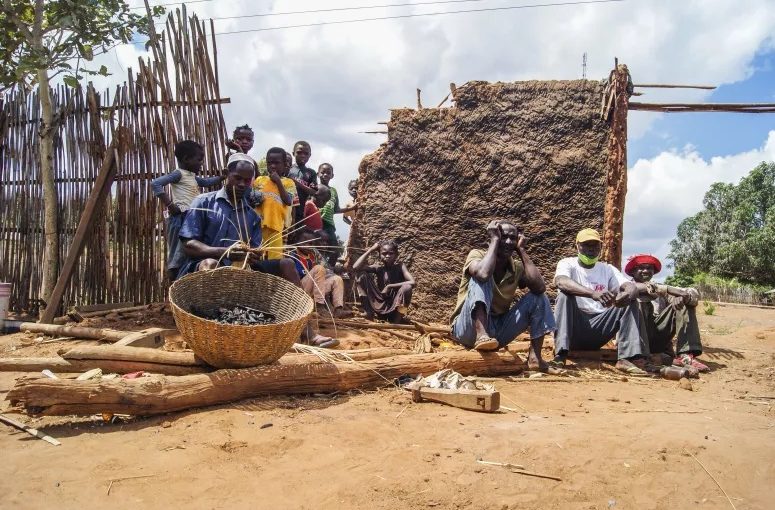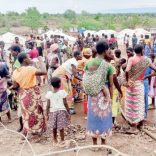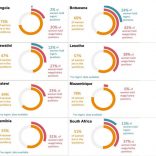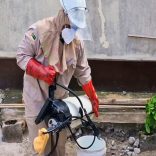Mozambique: May saw sharp rise in violence in Cabo Delgado - UN
Mozambique: NGO wants information on state’s development plan for Cabo Delgado

FILE - For illustration purposes only. [File photo: Lusa]
The Centre for Democracy and Development (CDD), a Mozambican NGO, has questioned whether the government has “shelved the development strategy” for Cabo Delgado, supported by the European Union, United Nations, World Bank and African Bank in the terrorism-hit province.
At issue is the lack of information on the plan with a strong social character, announced six months ago, reads an analysis note.
“The integrated development agency of the North (ADIN) announced that it would submit the final version of the resilience and integrated development strategy of the North (ERDIN) in mid-November for approval by the Cabinet,” but from October 2021 until today, “there is no public information on the status of the strategy,” it stressed.
Has the Government “shelved” the Northern Resilience and Development Strategy?
Read more:https://t.co/UYoonD3nC5 pic.twitter.com/gTr2y0WbX9
— CDD – Centro para Democracia e Desenvolvimento (@CDD_Moz) April 24, 2022
The strategy was designed to be implemented in parallel with the Cabo Delgado reconstruction plan, another initiative with foreign aid dedicated to public works, approved in September 2021 by the Cabinet, with a budget of US$300 million (280 million euros).
ERDIN provides for “a five-year implementation period” and “has major partners: African Development Bank, World Bank, European Union and United Nations,” the CDD notes.
The NGO regrets the silence, given that ERDIN has identified “priority activities with the potential to make an immediate and concrete contribution to peace building and conflict prevention”, such as providing access to justice services, making governance transparent and funding employment measures.
“It is the only official document that recognises that the conflict in Cabo Delgado has internal causes: generalised poverty, exclusion, marginalisation, expropriation of land and frustration of social expectations in relation to the exploitation of natural resources,” notes the CDD.
The organisation quotes an excerpt from ERDIN’s base document, where it acknowledges that “civic space has suffered a strong contraction, as a result of restrictions on access to information, obstacles to freedom of expression and press, and the increased level of risk for human rights defenders.”
“We need to find a strategy to bring peace” to the northern region, “consolidate relations between people” and consolidate “the capacity for trust” between communities, said Armindo Ngunga, president of ADIN, in announcing the structure of ERDIN.
While asking about the strategy that should accompany the reconstruction plan, CDD looks to the next phases and anticipates what it considers to be a “weakness” of the ERDIN: the fact that it has “a centralised management structure” and does not foresee “the participation of civil society” in supervision and coordination.
Cabo Delgado province is rich in natural gas but has been terrorised since 2017 by armed rebels, with some attacks claimed by the extremist group Islamic State.
There are 784,000 internally displaced people due to the conflict, according to the International Organization for Migration (IOM), and around 4,000 deaths, according to the ACLED conflict registration project.
Since July 2021, an offensive by government troops with Rwandan support later joined by the Southern African Development Community (SADC) has allowed areas where there was a rebel presence to recover, but their flight has provoked new attacks in other districts used as passage or temporary refuge.













Leave a Reply
Be the First to Comment!
You must be logged in to post a comment.
You must be logged in to post a comment.